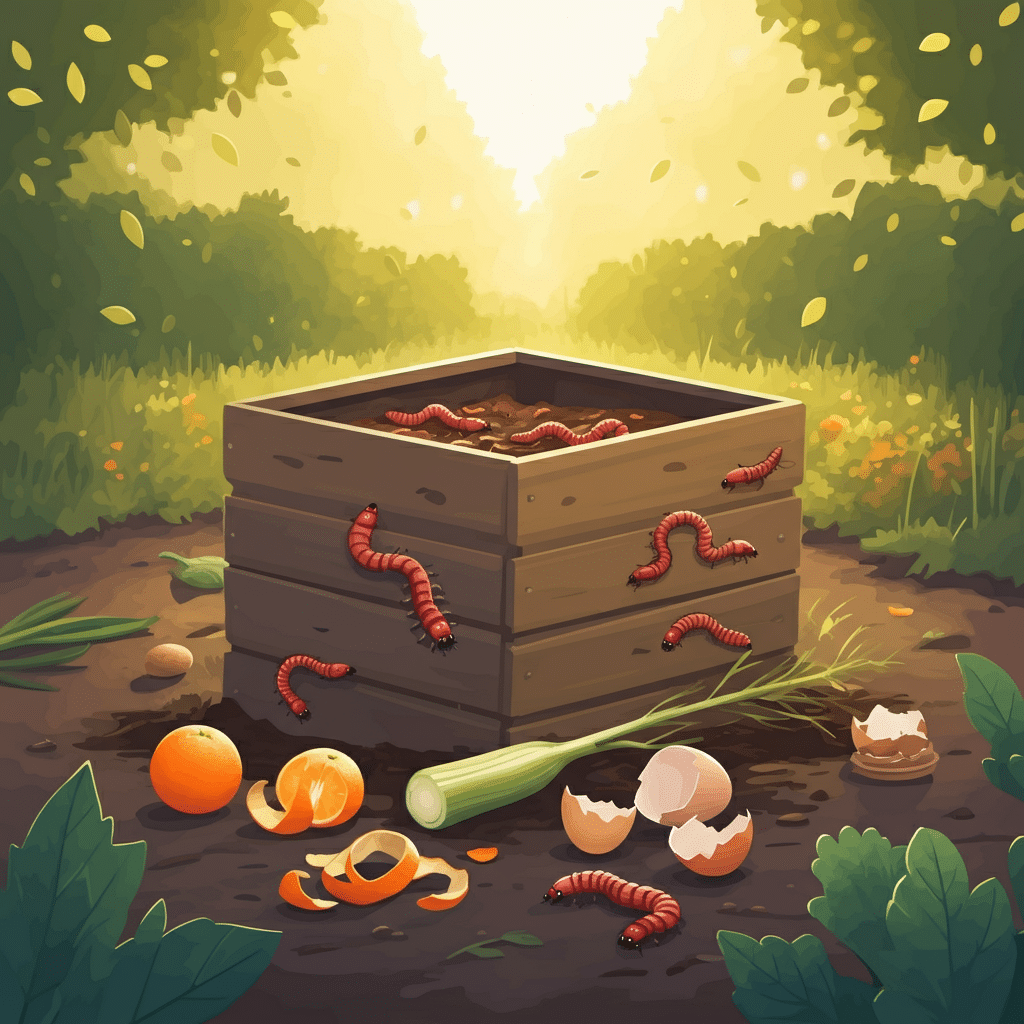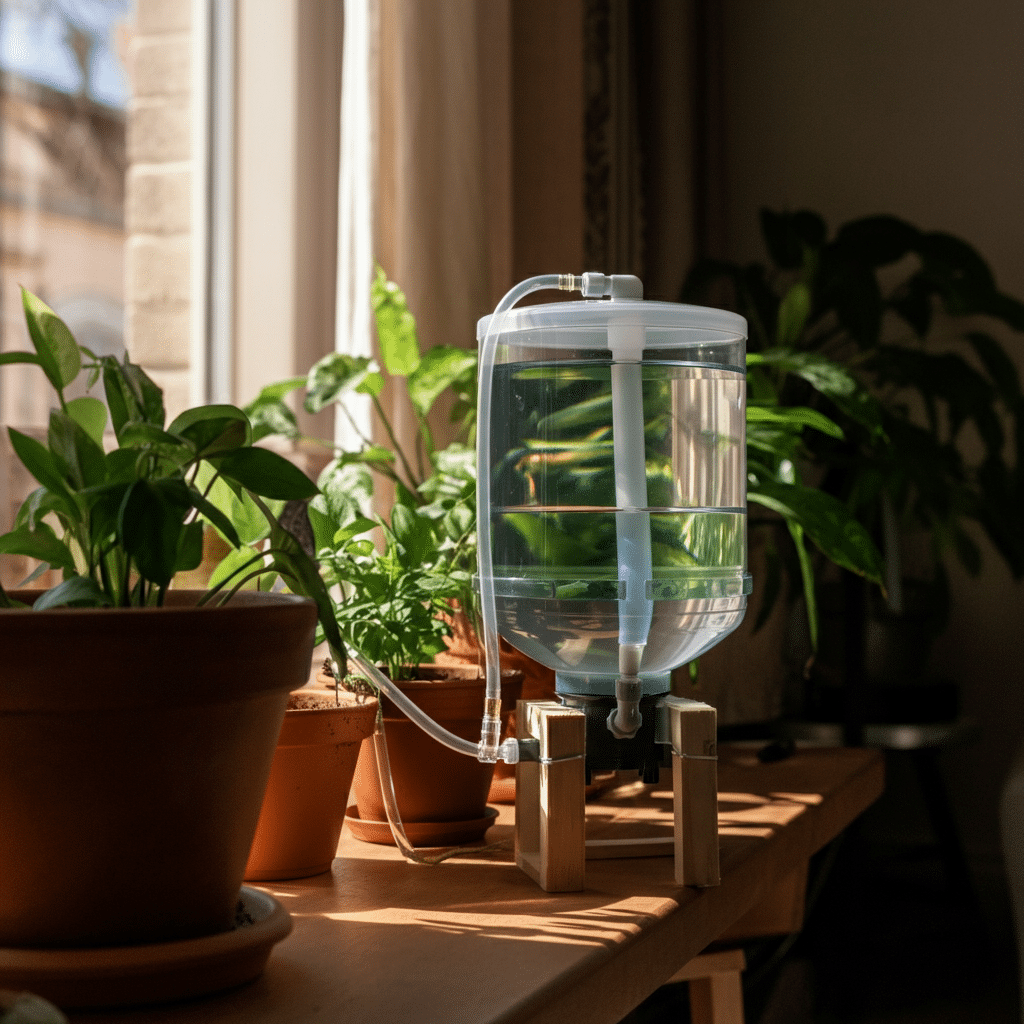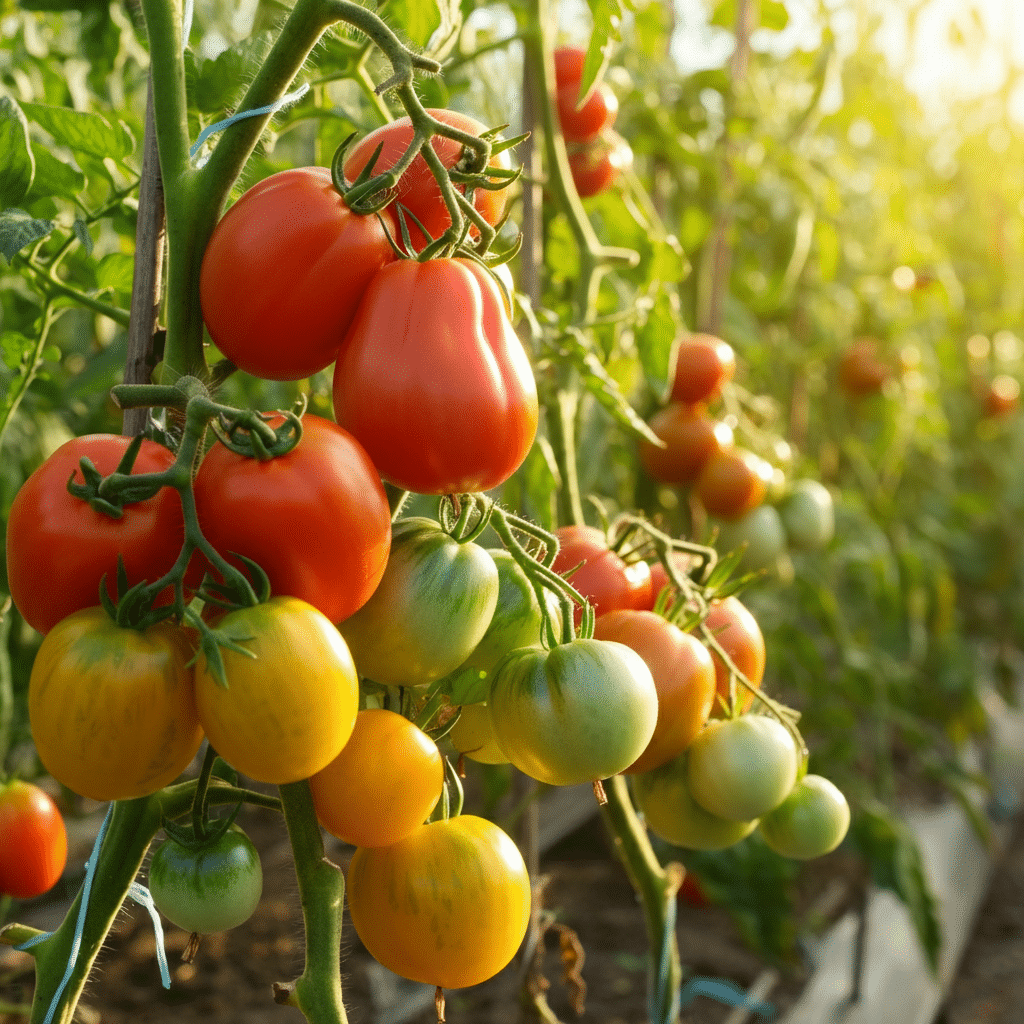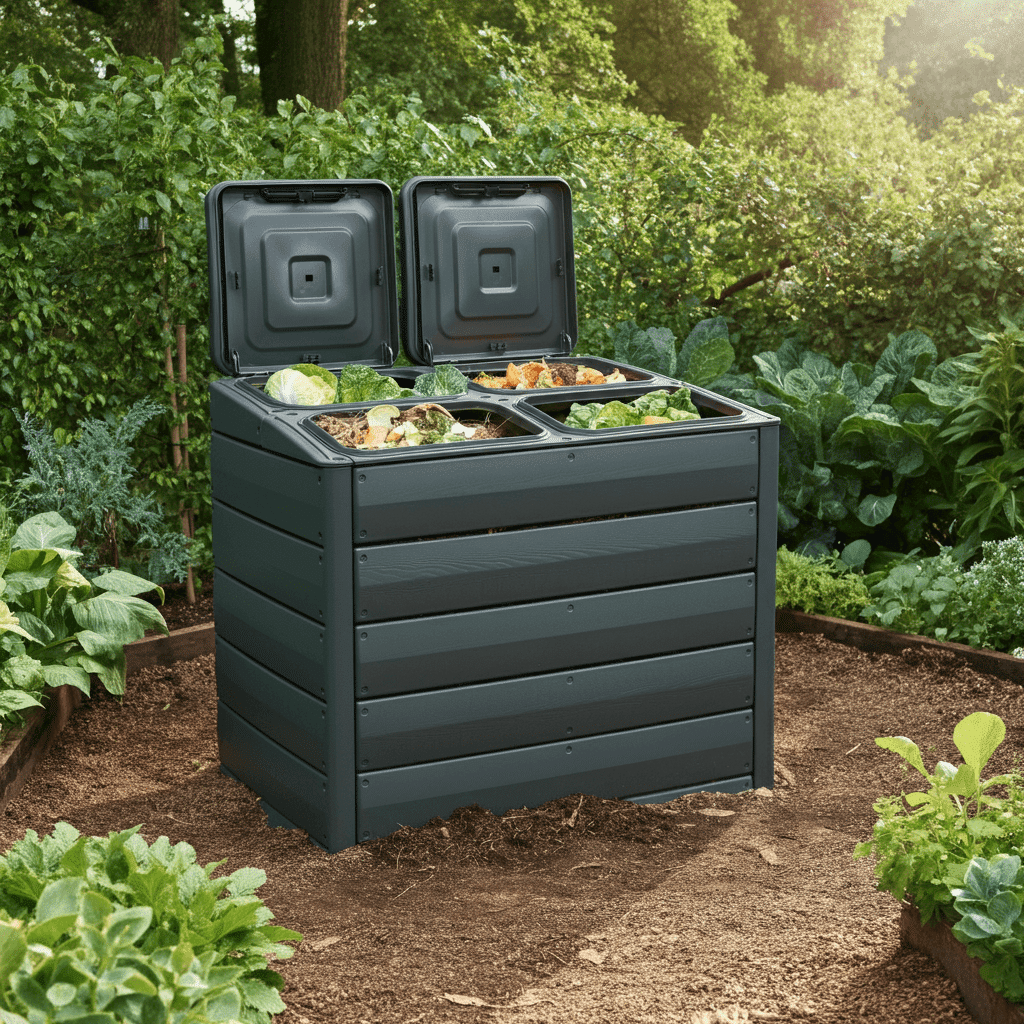When it comes to vermicomposting, what your compost worms eat matters more than you might think. These tiny ecosystem engineers turn organic waste into rich worm castings (aka black gold) that work wonders for gardens. Whether you’re an experienced vermicomposter or just starting a worm bin, understanding what food your red wigglers thrive on can optimize your results.
This guide will take you through everything you need to know about feeding compost worms, including the best foods, what to avoid, and tips for a thriving worm bin. By the end, you’ll have a blueprint for creating healthier worms and better compost.
What to Feed Your Compost Worms
Compost worms, like red wigglers, aren’t picky eaters, but providing the right type of organic waste helps them stay healthy, reproduce faster, and produce top-quality worm castings.
Best Foods for Compost Worms
Certain foods are a feast for your compost worms. They not only provide the nutrients worms need but also break down easily in a worm bin environment. Here are some favorites:
- Vegetable Scraps: Potato peels, bell pepper tops, carrot skins, celery ends, and lettuce leaves are excellent choices.
- Fruit Peels: Banana peels, apple cores, and melon rinds are worm-friendly and nutrient-rich.
- Coffee Grounds: Coffee grounds are a superfood for worms, and even the filters can go into the bin.
- Eggshells: Crushed eggshells are rich in calcium carbonate, which helps regulate the pH of your bin.
- Starches: Small amounts of bread, pasta, or rice can work, but be cautious with large quantities.
- Tea Bags: Most tea bags and loose-leaf tea are great additions, but ensure the bag material isn’t plastic-based.
These nutrient-rich staples provide a balanced diet for your worms, ensuring they work efficiently to break down organic waste.
Foods to Use in Moderation
Some foods can make your worms happy but should be added in smaller amounts to avoid bin issues:
- Citrus Peels: While a little orange or lemon peel is fine, the acidity and limonene content can harm worms if overused.
- Onion and Garlic Skins: Minimal quantities are acceptable, but their strong odor may make your bin unpleasant.
- Starchy Items (Potatoes or Cooked Foods): Too much bulk starch can create a soggy environment, so use sparingly.
Foods to Avoid in a Worm Bin
Some foods can upset the balance in your worm bin by spreading odors, attracting pests, or harming your worms. Avoid adding the following:
- Meat, Fish, and Dairy
- These tend to rot quickly, emit foul odors, and attract scavengers like rodents or flies.
- Highly Processed Foods or Oils – Chips, cookies, and oily residues aren’t natural for worms and may disrupt their digestive processes. 3. Salty or Spicy Foods – High salt content dehydrates worms and can be fatal if consumed in large quantities.
- These tend to rot quickly, emit foul odors, and attract scavengers like rodents or flies.
- Animal Waste
- Pet or human feces can carry harmful pathogens and aren’t suitable for vermicomposting.
Always remember that anything non-biodegradable, like rubber bands, plastics, and metals, have no place in a worm bin.
Pro Tip for Feeding
Cut food scraps into smaller pieces before adding them to the bin. This increases the surface area for faster decomposition and is easier for worms to consume. Place food under bedding material, such as shredded newspaper or coconut coir, to minimize odors and discourage pests.
Feeding Schedule and Quantity
A common question among new vermicomposters is, “How much food should I add to my worm bin?”
How Often Should You Feed?
The feeding frequency depends on the size and population of your worm bin. Start by adding food once or twice a week. Check the level of decomposition before adding more. Worms thrive when fresh food doesn’t pile up faster than they can consume it.
How Much Food?
The general rule of thumb is that worms can eat around half their body weight in food each day. For instance, in a worm bin with 1 pound of worms, you can add 0.5 pounds of food daily. Adjust feeding based on the size of your worm colony and how quickly they process the food.
Avoid Overfeeding
Overfeeding is one of the most common mistakes in worm composting. Excess food can rot, produce odors, attract pests, and create an unhealthy environment for your worms. When in doubt, less is more.
Managing Worm Bin Challenges
A thriving worm bin requires balance. If you encounter issues like unpleasant smells or slow decomposition, here’s how to address them:
Offensive Odors
Bad smells are usually caused by overfeeding or too much moisture. To fix this:
- Remove any rotting food.
- Add dry bedding like shredded paper to absorb moisture.
Too Many Pests
Flies and other pests can show up if food is exposed. Always bury food under an inch or two of bedding material, and keep a lid on your bin.
Worms Escaping
If you find worms crawling out of the bin, it could mean the environment isn’t ideal. Check for:
- Proper moisture levels (it should feel like a damp sponge).
- Balanced pH and no acidic or salty foods.
The Benefits of Feeding the Right Diet
By adopting the right diet for your compost worms, you’ll notice several benefits, including:
- High-Quality Worm Castings: Nutrient-rich organic fertilizer to boost your plants’ growth.
- Faster Decomposition: Ensuring a quicker turnover of organic waste into useable compost.
- Healthier Worms: Feeding the right foods promotes reproduction and keeps your worm population thriving.
Why Vermicomposting Matters
Vermicomposting doesn’t just benefit you as a gardener or eco-conscious individual. It plays a critical role in reducing organic waste that would otherwise end up in the landfill. By creating nutrient-rich worm castings, you contribute to sustainable practices that enrich the soil and combat climate change.
If you’re new to vermicomposting or want to perfect your setup, there’s no better time to start experimenting with a worm-friendly menu.
Your Worm Care Journey Starts Today
Feeding compost worms can be simple and rewarding when you follow the right practices. Stick to nutrient-dense scraps, avoid unsuitable items, and monitor your bin for balance. By doing so, not only will your worms thrive, but you’ll also enjoy the satisfaction of producing exceptional vermicompost.
Want a thriving worm bin but need professional insights? Explore more composting tips and tricks to take your gardening to the next level. Together, we can create greener gardens and healthier ecosystems!




